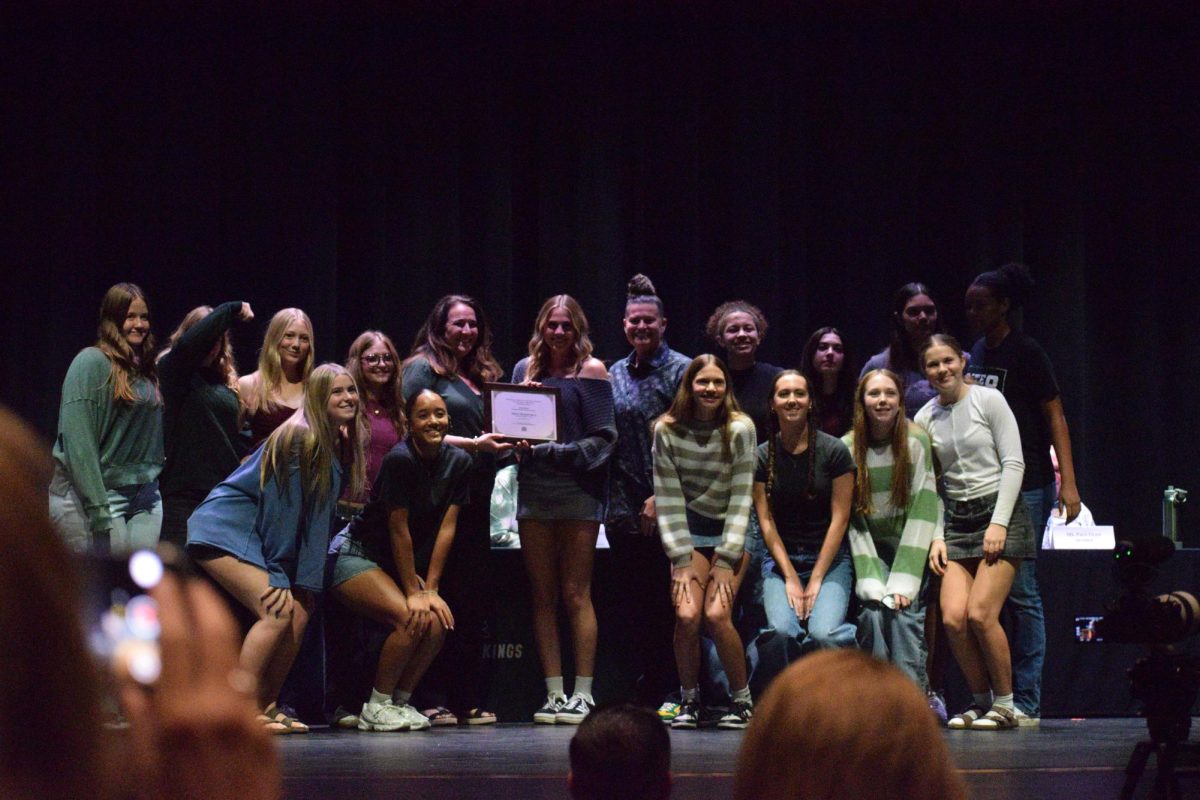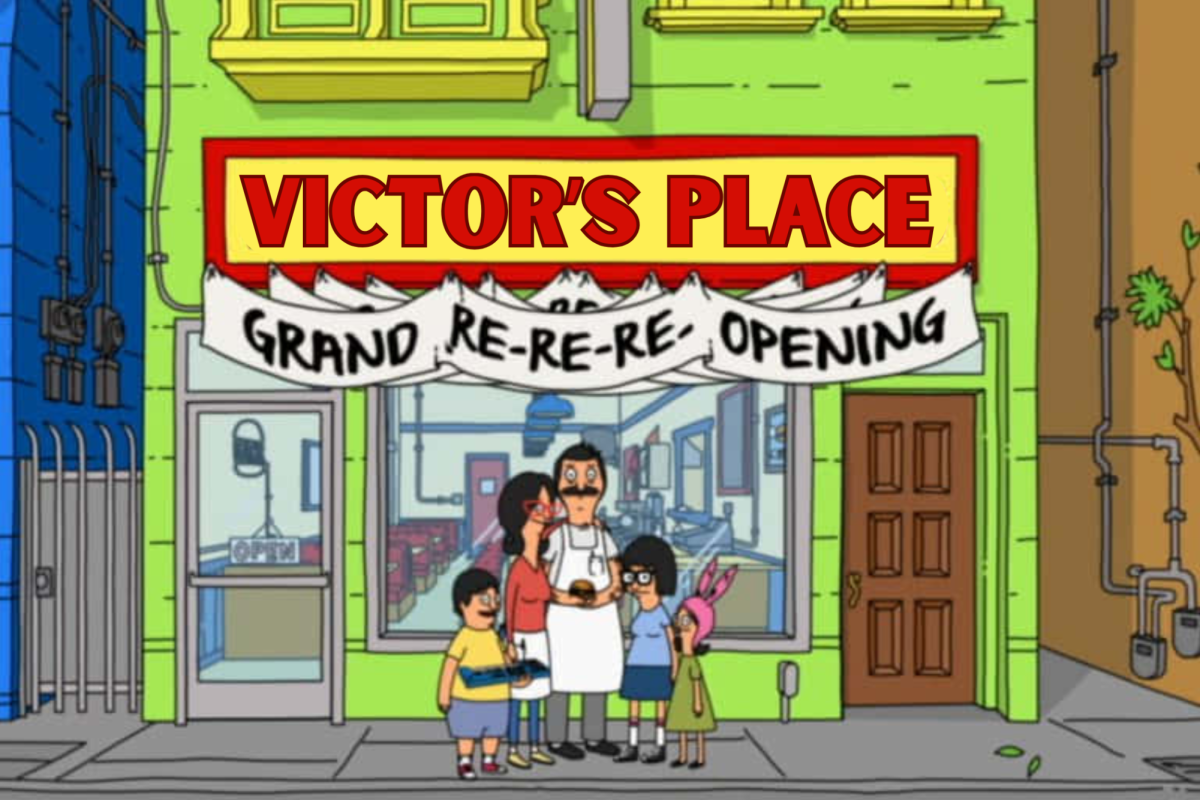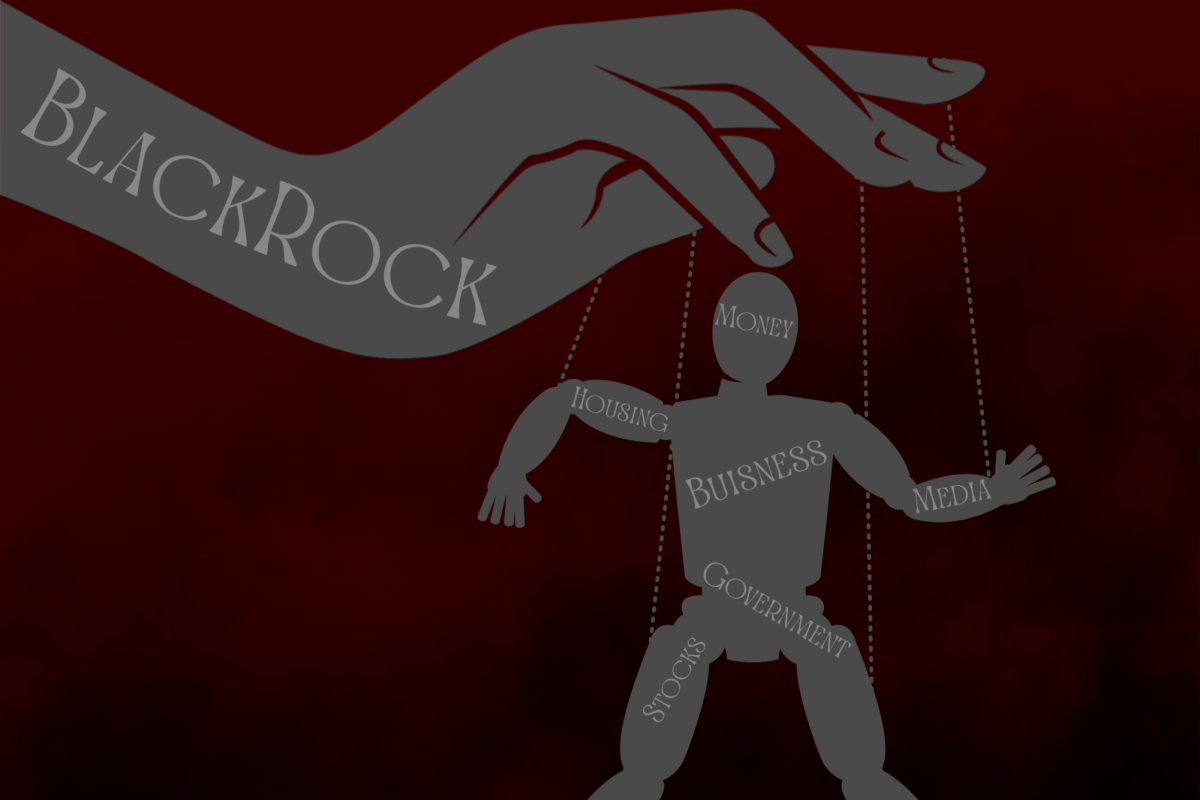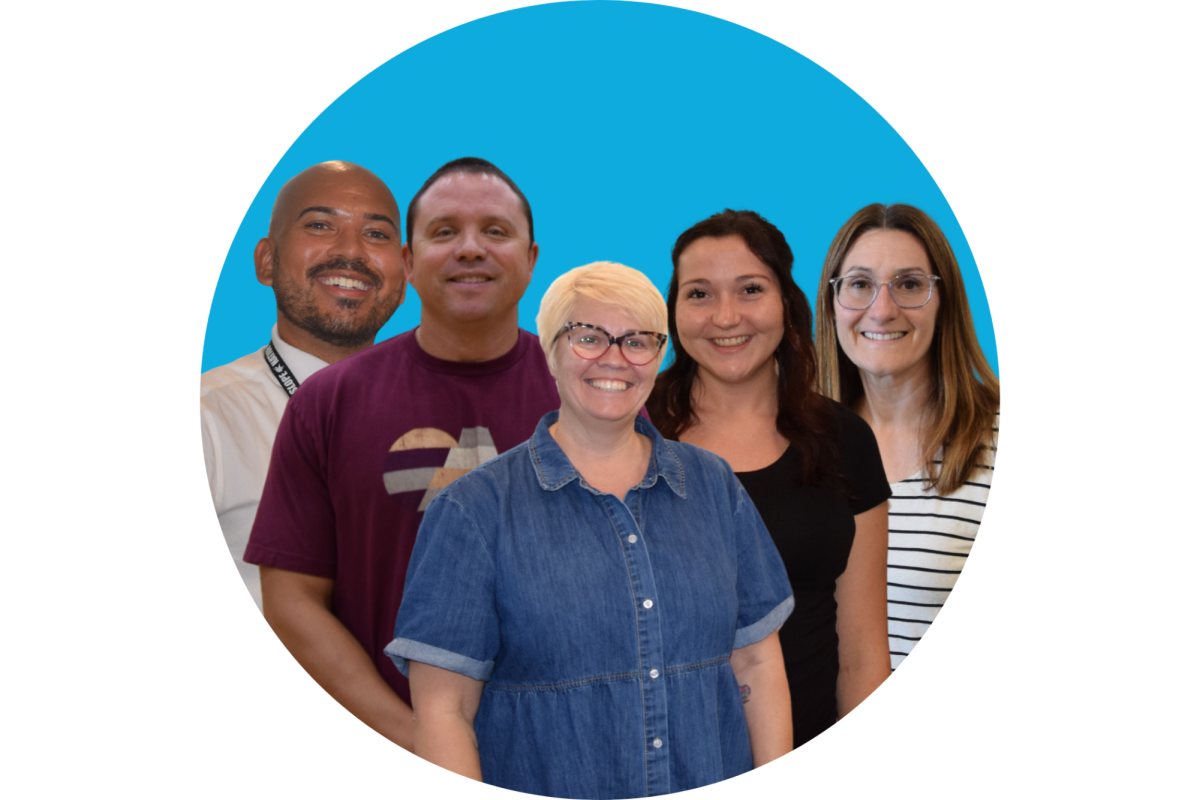Success is like a city; you can get through it by highways, side streets, or backroad trails.
Some routes take longer, while others are quicker, but regardless, there are multiple ways to your destination.
And just as no two cities are the same, success looks different for everyone.
College might be a traditional path, but it’s far from the only road leading to success.
Although for decades, parents, schools, and society have pushed you to earn your degree, attending university has become increasingly less common for many high school graduates.
The truth is that, in today’s day and age of AI and inflation, college is no longer essential for building a successful future.
First and foremost, college doesn’t actually guarantee a reliable job.
For example, 23% of Harvard graduates are still looking for a job within three months of graduation, whereas in 2022, that number was only 10%, according to Forbes Magazine.
Even people who earn a Juris Doctor degree from the best law school in the country aren’t guaranteed employment, and that number is only rising.
If that’s the case for Ivy League graduates, the odds are even slimmer for students from regular universities.
Furthermore, due to cuts in state funding and administrative bloat, tuition prices have steeply increased, leading to heightened student debt, according to a report from Education Data Initiative.
For many graduates, this debt isn’t just a short-term burden; it can mean paying hundreds of dollars every single month for decades after leaving school.
Instead of investing in a house, savings, or a family, much of their income goes straight toward student loan payments, trapping them in financial stress long after graduation.
The amount of your student debt could very possibly outweigh the salary benefits of your degree, especially when considering that many graduates struggle to find a job right away.
In some cases, the financial burden of a college degree can make certain trades or manual labor jobs, which require less schooling and debt, relatively more lucrative in the early years of a career.
This raises an important point: as college costs soar, many manual labor jobs that don’t require a degree may actually become more valuable.
This is becoming more prominent as AI threatens many white-collar careers.
If employers and society stay lackadaisical, professionals like software engineers, graphic designers, journalists, stock traders, financial analysts, marketing specialists, and even paralegals are all in danger of artificial intelligence taking over their jobs.
However, occupations such as electricians, plumbers, welders, landscapers, and chefs, which typically require trade school or hands-on training rather than a traditional college degree, are all positions that AI can’t replicate.
On the other hand, even if AI did not take over the roles of software engineers, companies such as Google no longer require a four-year degree for nearly all roles, focusing instead on demonstrated skills and experience, and firms like Apple and IBM have likewise removed formal degree requirements for many high-paying jobs, according to Computer World.
This further weakens the idea that higher education is the only way to secure a stable career.
Despite all this, the argument is that college is not essential, not that it is useless.
Many careers require degrees, like lawyers, doctors, and teachers, which are all respectable jobs.
College could be worth it for the experience, too, if you are interested in traveling, exposure to diverse cultures, participating in clubs, meeting new people, or trying different fields to learn what you want to do.
Statistically, those who go to college do have, on average, a higher income than those who don’t, but those numbers are likely to change in the near future.
Even though college can provide valuable experiences and is required for certain professions, the drawbacks, like financial burden and a changing job market, make it more difficult to justify it as the default path for everyone.
In conclusion, alternative paths to a college education can also lead to a successful career.
Success and college are not parallel; success branches from many choices, while college is just a simple decision whether or not to attend.
Ultimately, the value of higher education depends on each individual.
For some, college is the right path because it offers professional training, networking, and stability.
For others, trade schools, apprenticeship programs, or entering the workforce in other ways may provide better opportunities without the burden of debt.
What matters most is not whether someone chooses college, but whether they are pursuing skill and fulfillment in the path that they choose.





























































